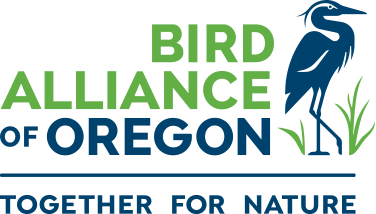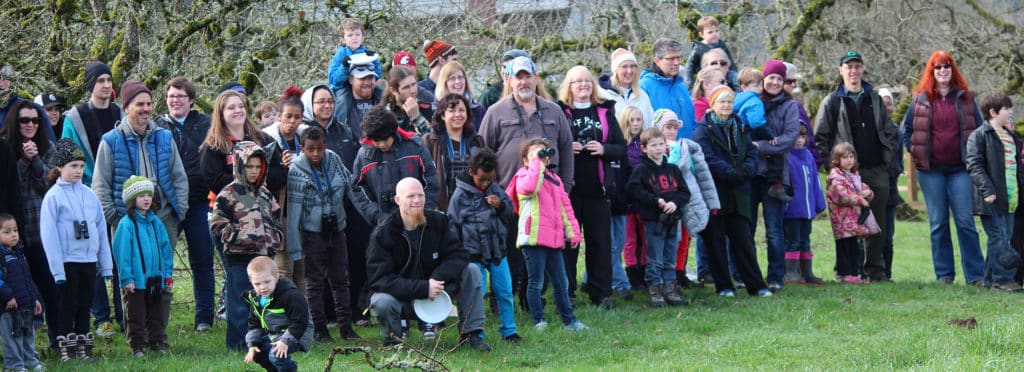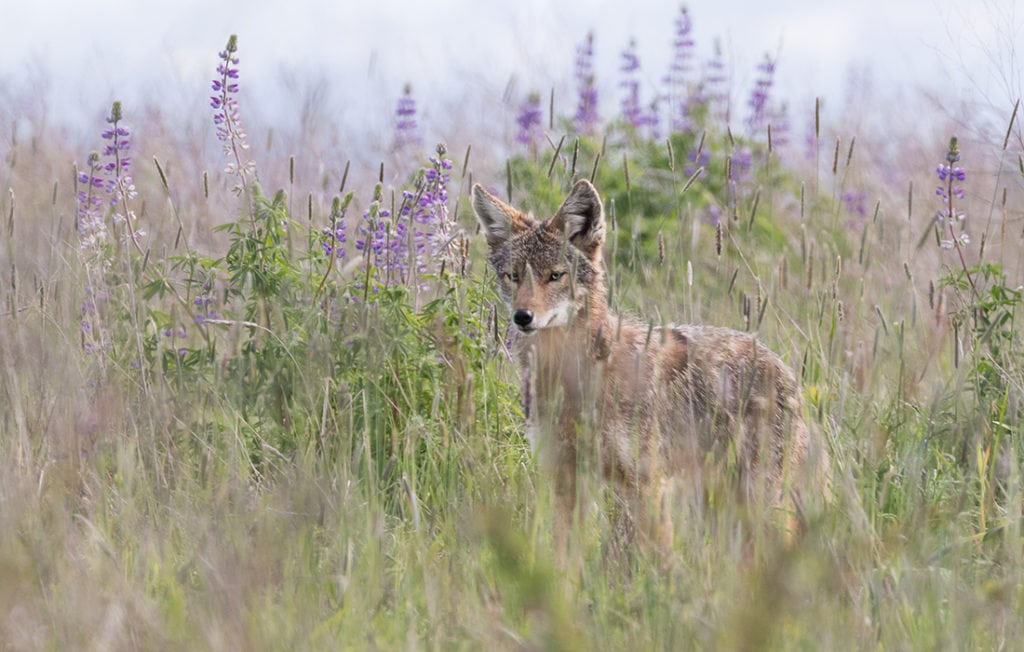In all, a couple of dozen dead birds were collected, but we suspect that the toll was much higher. Reports indicated that there were many more dead birds over a larger area, and many birds would have fallen where they would be less likely to be found, such as backyards and rooftops. Additionally, many of the birds would have been scavenged by rats, cats, raccoons, opossum, and other nocturnal animals during the first night.
An event like this—dead and dying animals scattered across residential neighborhoods—has to be taken seriously. The concerns went far beyond the actual dead crows. Were the dead crows sick or contaminated in a way that could affect people, pets, or wildlife that came in contact with them? Was this the result of an intentional act that might be replicated, or an unintentional exposure that still presented an ongoing risk on the landscape? Local, state, and federal agencies, including the FBI, all responded to this situation. The public was instructed not to handle dead crows and to report any that they found. Bird Alliance of Oregon added extra staff and volunteers so that sick or dead birds could be quickly removed from the environment.
It took two weeks before lab results came back, but the cause of death was identified: a neurotoxin called Avitrol®. The identification of Avitrol® was not a surprise; in fact it was what we suspected right from the beginning. The same product caused very similar events in downtown Portland and Bend in 2014, and was implicated in cities across the United States in recent years. What is surprising is that this product is even still on the market.

Avitrol® is a neurotoxin that is marketed a “humane” way to get rid of pest birds. The advertising suggests Avitrol® is simply a “frightening agent” and that birds that ingest Avitrol®-laced bait suffer seizures and emit distress calls that scare away other birds but suffer no pain. The small-print label, required by the EPA, and on-the-ground experiences in Portland and across the country tell a very different story.
Avitrol® is a restricted-use pesticide that can only be used by a certified pesticide applicator “due to acute oral and dermal toxicity and due to toxicity to birds and mammals.” The label also notes that most birds that react to Avitrol® actually die. Applicators are required to restrict the area in which Avitrol® is used from all people and pet access and maintain the restricted access until all affected birds are collected. However, one of the big problems with Avitrol® is that birds that ingest it often fly significant distances before the poison takes effect. Anybody who witnessed the crows in NE Portland falling from the sky, the contusions that they suffered as they slammed into the cement, or saw the dying crows lying on the ground twitching and screeching would be hard pressed to view this product as anything but cruel and inhumane.
The person who put out Avitrol® in Portland likely violated at least two federal laws: the Migratory Bird Treaty Act and the Federal Fungicide, Insecticide and Rodenticide Act (FIFRA). They caused the crows to suffer a cruel and inhumane death, and they put people, pets, and non-target wildlife at real risk of secondary exposure. Bird Alliance of Oregon has put up a $1000 reward for information leading to the identification of this person in Portland, and the Oregon Department of Agriculture continues to investigate.
It is time, however, to go further. In 2000, the State of New York banned the use of Avitrol® in cities of over 1 million people. Other cities, such as Boulder and San Francisco, ban the use of all bird poisons within city limits. We are currently working with Commissioner Nick Fish’s office to investigate whether Avitrol® and other dangerous bird poisons can be banned in Portland, and in the next legislative session we will be working to pass legislation to address Avitrol® on a statewide scale. We are talking with groups at a national scale about what can be done to get this product taken completely off the market. This product is dangerous and inhumane, and puts people, pets, and non-target wildlife at risk. It has no place in our communities.



